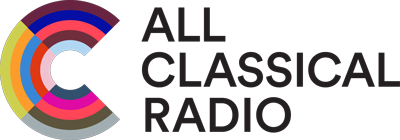Name: Diana Scoggins
Organization: Metropolitan Youth Symphony
Annual Operating Budget: $906,000
Learn more at playmys.org
Interview originally published on April 21, 2020.
Read other posts by Kristina Becker
Communications and Operations Manager




